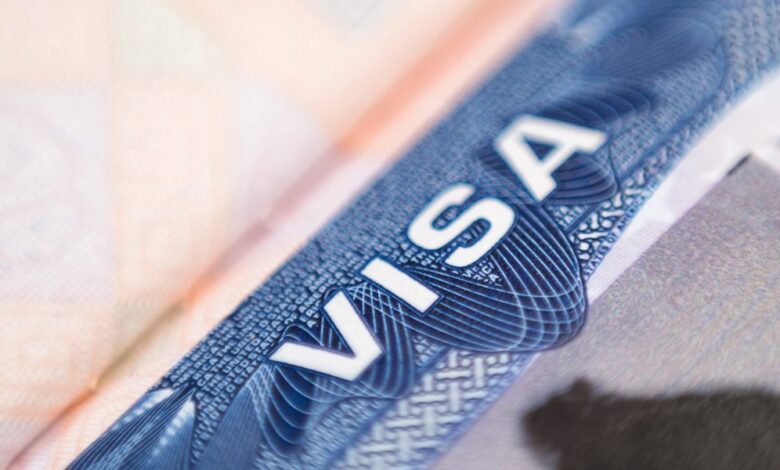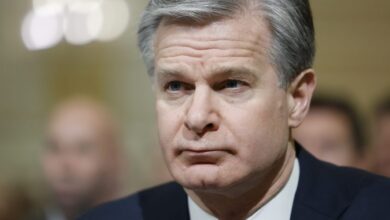U.S. Tech Leaders Push for Expansion of H-1B Visa Program Amid Annual Lottery Opening

As the annual H-1B lottery kicks off, tech leaders and experts advocate for an expansion of the program, arguing that the current cap of 85,000 visas poses a threat to U.S. innovation. Despite ongoing scrutiny and controversies, companies like Amazon, Meta, and Salesforce have supported thousands of H-1B workers, emphasizing their significance in tech and STEM fields.
Critics, including anti-immigration conservatives, have targeted the H-1B program, with former President Donald Trump temporarily suspending it during his tenure. The program’s annual lottery, distributing 65,000 visas via chance and an additional 20,000 for U.S. graduate degree holders, has led to overwhelming demand, resulting in hundreds of thousands of rejections in 2023 alone.
Tech leaders, such as Box CEO Aaron Levie, argue that the current imbalance between demand and available visas hurts both workers and companies. Levie highlights the discrepancy in a chart, stating, “We are actively shooting our future selves in the foot.” Research supports the positive impact of hiring H-1B workers, contributing to job creation, innovation, and economic growth.
Advocates for expanding the cap emphasize that the benefits extend beyond the tech sector, with demand in fields like medicine and scientific research. Restrictions on immigration are seen as detrimental to companies, leading to offshoring and hindering wage growth.
Recent changes to the H-1B program include adjustments to the annual lottery to prevent gaming the system. The Biden administration has proposed further changes, such as requiring job relevance to an applicant’s studies and allowing entrepreneurs to sponsor themselves. Despite objections and concerns, supporters emphasize the need to retain top non-native talent for the benefit of the U.S. workforce and global competitiveness.



